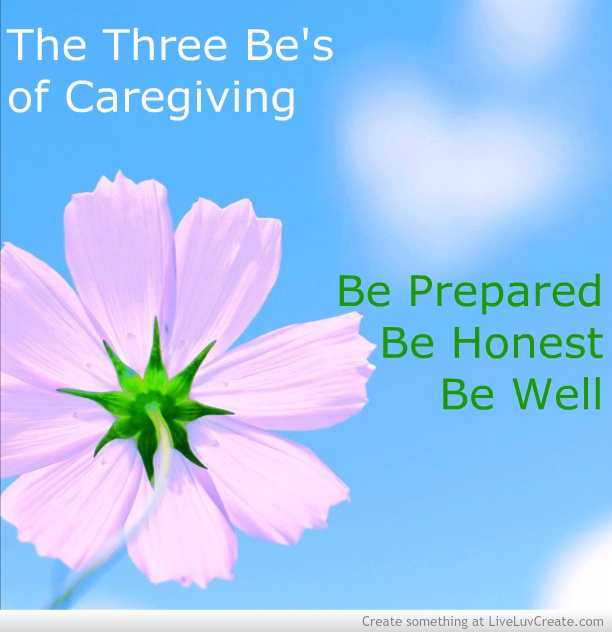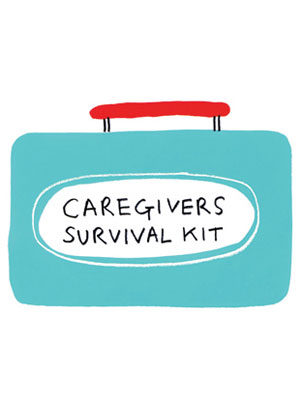 Are you or someone you know caring for another person who is ill? Any serious illness is a Family Affair, and the entire family is affected. Illness does not happen in a vacuum. What are the warning signs that you as a caregiver are overwhelmed and needs some relief and help to manage the stress?
Are you or someone you know caring for another person who is ill? Any serious illness is a Family Affair, and the entire family is affected. Illness does not happen in a vacuum. What are the warning signs that you as a caregiver are overwhelmed and needs some relief and help to manage the stress?
- You feel frustrated or angry because of all your responsibilities and are unable to manage your work or personal life
- You feel anxious or sad because whatever you do, your family member’s medical condition is getting worse
- You feel fatigue or lack of energy as you are not taking care of yourself and perhaps even engaging in some self- destructive behaviors ( overeating, not eating, abusing alcohol or drugs)
- You feel you are all alone, yet have a hard time thinking about yourself because“ that would be selfish”
- You are beginning to feel like a victim and even resent the person you are caring for.
Feeling that it is all “too much” is a perfectly normal response to the intense level of stress that comes from trying to be a caregiver. So, what are some helpful coping tools?
- Make a list of all your obligations both as a caregiver as well as your other tasks. Try to see which of these you can give up even for a few days. Prioritize the tasks and try to set up a schedule for completing them. Write out your plan.
- Talk to the person you are caring for (if they are able to communicate with you). Discuss calmly your needs and ask them if they have any ideas for other ways to manage the situation.
- Find a confidant- someone who can listen to you. Consider a support group – either through your doctor, hospital or a community agency.
- Self care- learn how to care as effectively for yourself as you care for others. Make sure the basics are covered- eating, sleeping, some form of physical activity.
- Consider some relaxation techniques. Listen in to the podcasts on this website for some guided imagery. Think about what kind of activities bring you some form or relaxation and stress relief.
- If you need to, contact a counselor, clergy member or your doctor to discuss your emotional needs and ways to cope.
- Allow yourself to ask for HELP- and then accept it. You can and do not have to do this alone- People want to help- give them some specific tasks as most may not know how to help but want to do something.
There are many helpful websites for caregiving. Some of these are:


